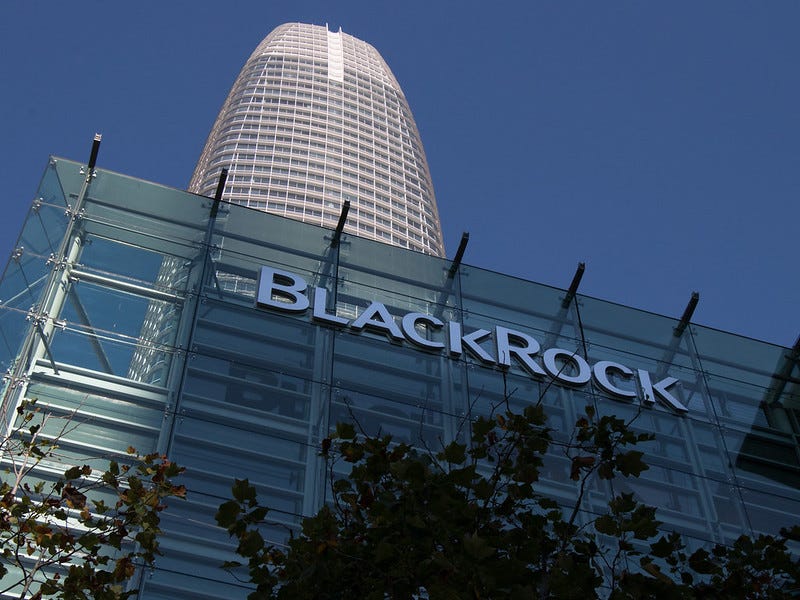As fund managers boost shareholder voting power, climate pressure suffers
‘E’ is not always the same as ‘G’
This column is for Callaway Climate Insights subscribers only, but it’s OK to share once in a while. Was it shared with you? Please subscribe.

(Mark Hulbert, an author and longtime investment columnist, is the founder of the Hulbert Financial Digest; his Hulbert Ratings audits investment newsletter returns.)
CHAPEL HILL, N.C. (Callaway Climate Insights) — Many climate-friendly investors have the naïve belief that the goals of E, S and G always point in the same direction.
They don’t. Not infrequently, the pursuit of one of this trio of ideals will go against one or both of the other two.
One such occasion is the growing debate over enabling fund and ETF investors to vote the shares they own indirectly in corporate proxy contests. Allowing them to do so would seem to be the very essence of shareholder democracy and good corporate governance. Yet it also will have the unintended consequence of reducing the pressure that climate polluters would otherwise receive from shareholders.
Consider BlackRock’s BLK 0.00%↑ “Voting Choice” program, which gives the firm’s “clients — who are the true owners of the assets we manage — the option to engage much more directly in proxy voting.”
Keep reading with a 7-day free trial
Subscribe to Callaway Climate Insights to keep reading this post and get 7 days of free access to the full post archives.

